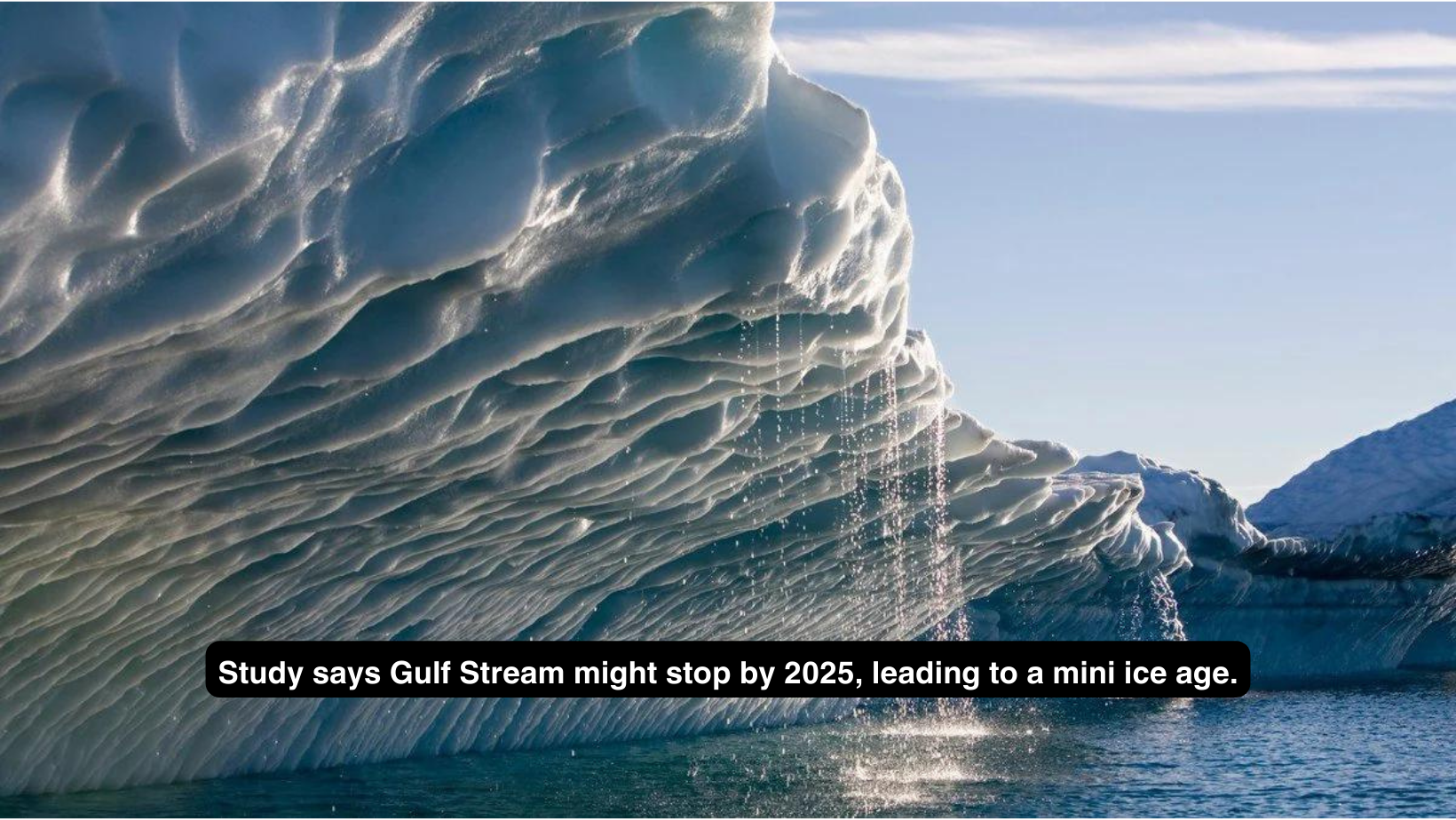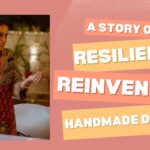By Aman Nasir
In Western Europe, the Gulf Stream plays a vital role in controlling the climate by keeping temperatures moderate, especially during the winter season.
The Gulf Stream, a massive current in the ocean that brings warm water from the Gulf of Mexico up to places like North America and Europe, is in trouble. Scientists say it might stop working by 2025 because glaciers are melting too fast due to climate change.
The Gulf Stream is like nature’s heater for the ocean. It helps keep the weather stable in many parts of the world. But if it stops, things could get really cold in places like North America, Asia, and Europe. This sudden cooling could cause big problems like more storms, messed-up rainfall, and higher sea levels along the east coast of North America.
Some scientists think the Gulf Stream could stop by 2025, while others say it might hold on until 2095. Either way, if we keep pumping out lots of carbon dioxide, a gas that makes the Earth hotter, it’s likely to happen sooner rather than later. So, we need to act fast to stop it.
The Gulf Stream has been doing its job for thousands of years without a break. But now, with glaciers melting faster than ever before, it’s struggling to keep up. A recent study looked at data going back to 1870 to see how the strength of ocean currents has changed over time. It found that the Gulf Stream is in real danger of shutting down soon.
If the Gulf Stream does stop, it could spell disaster for places like Western Europe. Without its warm currents, temperatures could swing wildly, leading to colder winters and hotter summers. This could wreak havoc on farms, roads, and people’s health.
To stop this from happening, we need to take action now. We can start by using cleaner sources of energy like wind and solar power instead of burning fossil fuels like coal and oil, which release a lot of carbon dioxide into the air. We also need to find ways to adapt to the changes that are already happening, like building stronger levees to protect against floods and growing crops that can survive in different conditions.
The fate of the Gulf Stream shows just how interconnected our planet’s ecosystems are. If we don’t take action to fight climate change, we could be in for some serious trouble. But if we work together to reduce our carbon footprint and protect our environment, we can help ensure a brighter future for everyone.







